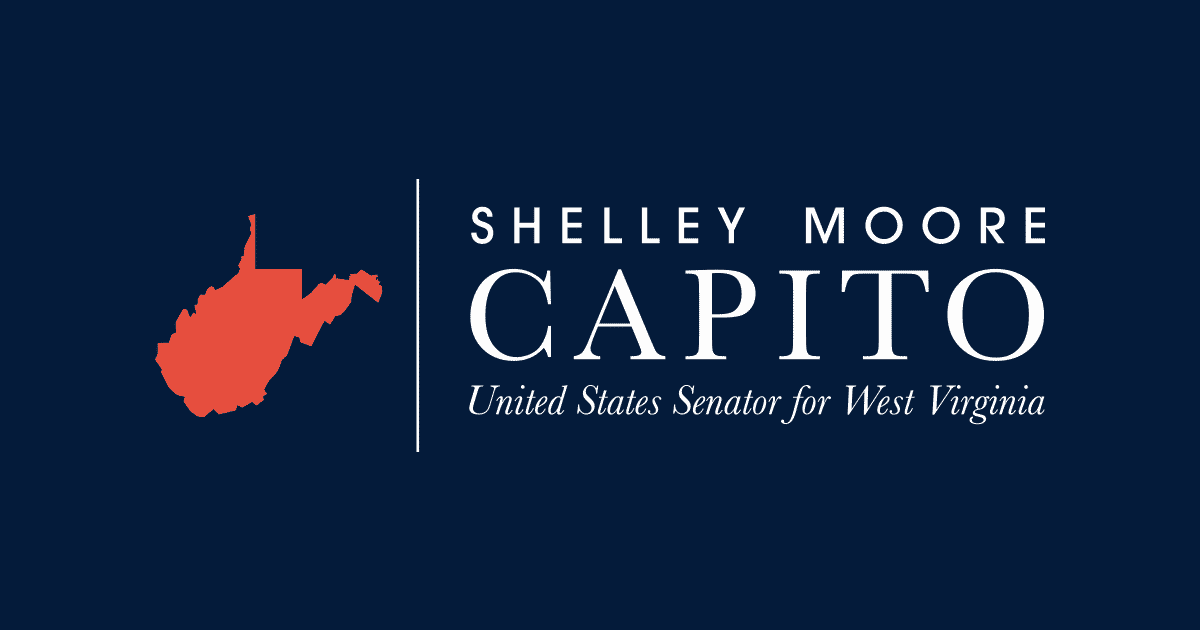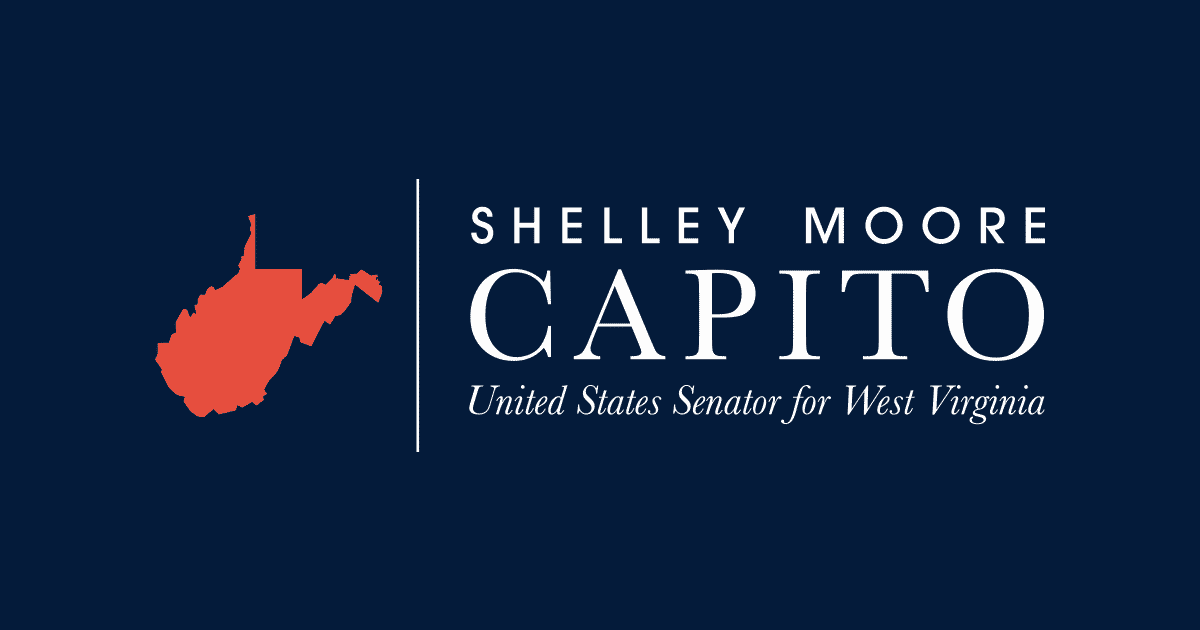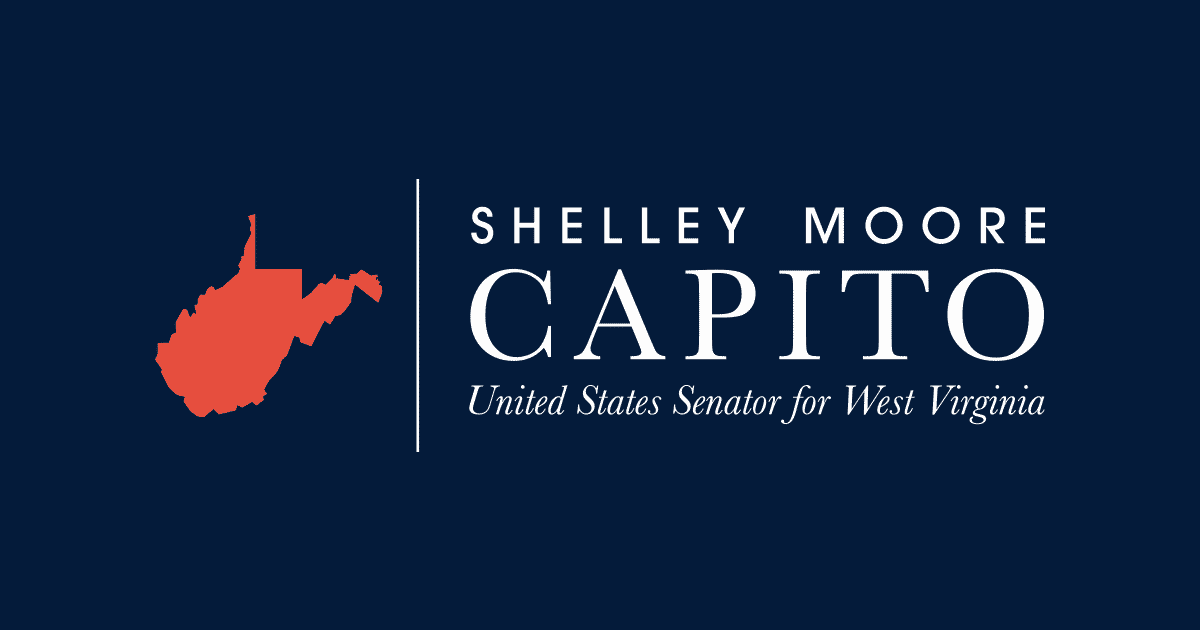Source: United States Senator for Louisiana Bill Cassidy
WASHINGTON – U.S. Senators Bill Cassidy, M.D. (R-LA), Chris Coons (D-DE) and Kevin Cramer (R-ND) introduced the bipartisan Providing Reliable, Objective, Verifiable Emissions Intensity and Transparency (PROVE IT) Act that would direct the Department of Energy to conduct a comprehensive study comparing the emissions intensity of certain goods produced in the United States to the emissions of those same goods produced in the other countries.
“Goods produced in the U.S. are the cleanest in the world,” said Dr. Cassidy. “This study will help us better understand that advantage as we explore policies that reward cleaner U.S. production at the expense of countries that exploit the environment.”
“The bipartisan PROVE IT Act will provide reliable data that’s needed to quantify the climate benefits of the United States’ investments in cleaner, more efficient manufacturing practices and to hold nations like China accountable for their emissions-heavy production of goods like steel,” said Senator Coons. “It will level the playing field and ensure our workers and producers are not unjustly penalized for their high environmental standards. Demonstrating our comparative advantage in emissions intensity, working with our allies and partners on data sharing and cooperation, and building on that with future legislation will be a win for the climate, a win for American workers and manufacturers, and a win for global cooperation.”
“The United States lives up to the highest environmental standards in the world, and the PROVE IT Act is an opportunity to bolster our advantage by backing it up with verifiable data,” said Senator Cramer. “Americans know and appreciate the stewardship that goes into the energy we produce and the goods we manufacture. Quantifying global data will prove our emissions-intensive goods are cleaner here at home while highlighting the countries who monetize their lax or nonexistent standards.”
American manufacturers abide by some of the cleanest production standards in the world, and U.S. production is widely regarded as cleaner and more responsible than our competitors. The PROVE IT Act would obtain high-quality data to back up this claim up by determining the emissions intensity of domestically produced goods like steel, cement, glass, and aluminum, compared to those around the globe.
Specifically, the PROVE IT Act would direct the Secretary of Energy to conduct a study, alongside the Department of Commerce, the Environmental Protection Agency, United States Trade Representative, Department of Homeland Security, and the Department of State, to:
- Determine the average emissions intensity of covered products produced in the United States and identify any gaps in that data
- Determine the average emissions intensity of covered products produced by G7 countries, free trade agreement partners, foreign countries of concern, and countries that hold a substantial global market share for a covered product
- Identify any issues with verifying the average product emissions intensity data from other countries
- Determine the emissions intensity of products produced in the United States compared to products produced in covered countries
- Facilitate collaboration among entities with expertise in data collection and analysis, support international coordination on emissions intensity data, and establish a process for receiving data from private industry on a voluntary basis.
Comprehensive data on product emissions intensity is an important step to addressing climate through trade policy, leveling the playing field for domestic producers and manufacturers who are forced to compete against rivals with little to no standards. Merging climate and trade policy would reduce global emissions and support American workers by leveling the playing field for domestic manufacturers who have already made expensive investments to reduce emissions in their manufacturing processes.
Cassidy, Coons, and Cramer were joined by U.S. Senators Angus King (I-ME), Lisa Murkowski (R-AK), Martin Heinrich (D-NM), Lindsey Graham (R-SC), Sheldon Whitehouse (D-RI), and John Hickenlooper (D-CO) in co-sponsoring the legislation.
The PROVE IT Act is endorsed by the Bipartisan Policy Center (BPC) Action, American Iron and Steel Institute (AISI), the National Association of Manufacturers (NAM), Climate Leadership Council, Citizens for Responsible Energy Solutions (CRES), Information Technology and Innovation Foundation (ITIF), Third Way, Progressive Policy Institute (PPI), and Independent Petroleum Association of America (IPAA).
###





